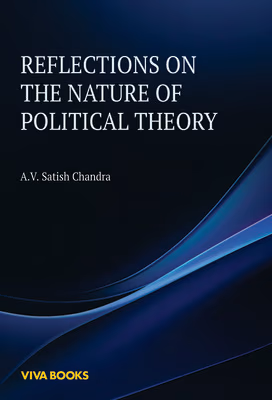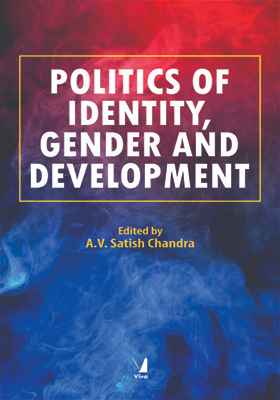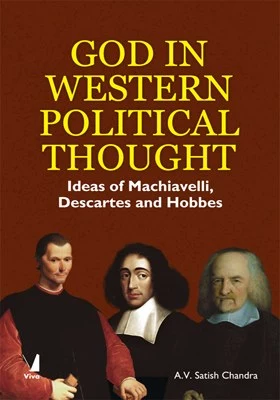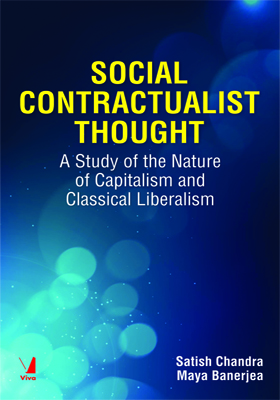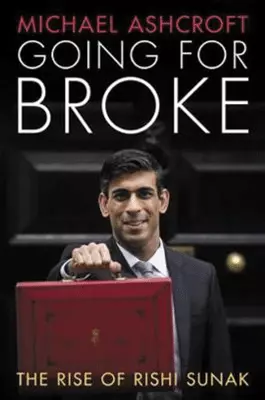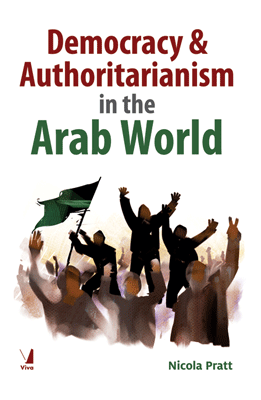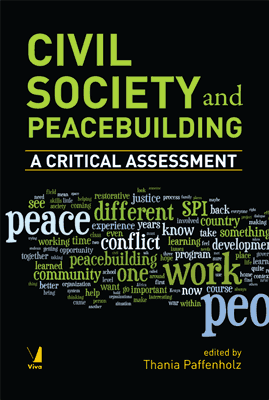Best Political Theory Book – Reflections on Political Science
Reflections on the Nature of Political Theory
₹625.50 ₹695.00 Save: ₹69.50 (10%)
Go to cartISBN: 9789360331597
Bind: Hardbound
Year: 2025
Pages: 124
Size: 6 x 9 Inch
Publisher: Viva Books Originals
Sales Territory: Worldwide
Description:
The twenty-first century, though hardly 25 years old, has seen a lot of action in both political theory and also in the world of realpolitik. The world of realpolitik has now become transparent and is almost self explanatory. This is also the age of geo-politics, which had receded into the background with the collapse of the Soviet Union and bipolarity . However, geo-economics is now not in the background, and geopolitics is not a veneer for hiding geoeconomics, as it was in the past. This period is witnessing both the explosions of geo-political and geo-economic matters. It is, therefore, necessary to study these developments with seriousness.
The last couple of decades of the twentieth century witnessed the receding of empirical and quantitative methods of research, and saw the return into prominence the idea of a Grand theory that would provide explanation, in philosophical terms, to the various problems of a globalized world. This was the time when Quentin Skinner published his seminal work titled The Return of Grand Theory in the Human Sciences. The interesting aspect of this title is that Skinner chose to use human sciences, and not social sciences, which was his way of projecting the idea that knowledge would be one for all aspects of human life. There were a number of traditions that came into being at this time, like the Hermeneutic tradition in Germany, the revival of the Pragmatic tradition in America, and return of Philosophy in general not just to the anglophone world, but also to other languages.
After a quarter of a century in the new millennium, it is time to see how much of the optimism of the last part of the twentieth century was actually accurate and whether that optimism fulfilled the promises of that time. This book travels between the last part of the twentieth century and the first 25 years of the twenty first century. It should be remembered that very few philosophies actually had the potential to reach the goal that they set for themselves. It is obvious that small changes, and sometimes big changes, have to be made to the original philosophical thinking and this book documents the changes that were made by philosophies and the philosophers to make the original paradigms more relevant to the present times. So, this book not only explores theoretical dimensions introduced by political theory but also compares them with some occurrences that have taken place in the world during this time period. This was done with the intention to test out on the ground if the nature of reality as seen by philosophy and Grand theory actually took root. It is hoped that the readers will get a fairly decent idea about this time period in knowledge terms.
Target Audience:
This book will be of immense use to students and academicians of political science
Contents:
Chapter 1. Political Theory at the Cross Roads
Chapter 2. Medievalism, Philosophy and Political Thinking
Chapter 3. LSD, Ecstasy and the Music of Politics
Chapter 4. The Annihilation of Caste: The Unfinished Task of Dr Ambedkar
Chapter 5. Rene Descartes’ Rationalizing of Religion
Chapter 6. Nietzsche’s Critique of Wagner
Chapter 7. Humanism, New Morality and Machiavelli
Chapter 8. Social Exclusion and Inclusion in India
Chapter 9. Is a True Democracy Really Possible?
Chapter 10. Democracy in India = Lumpen Elements + Extra Constitutional Authorities
Chapter 11. Ineffective Political Leadership, Collapsing Public Institutions and a Nation Whose Future is in Jeopardy
Chapter 12. Enlightened Democracy, Education and Empowerment
Chapter 13. Deliberative Democracy and a Vibrant Public Sphere: Preconditions to Good Politics and Good Governance
Chapter 14. Inculcating Democratic Sense and Sensibilities Through Deliberative Processes
Chapter 15. Have We Entered a Definitive Phase in International Relations Which Can Be Called ‘Post Peace of Westphalia’?
About the Author:
A.V. Satish Chandra, Ph.D., SEFM, is a professor in the Department of Political Science at Osmania University. He did his Ph.D. from Osmania University, Hyderabad, M.Phil. from the University of Hyderabad and M.A. from JNU, New Delhi, in political science.
He has been teaching in Osmania University from the year 1990 and has nearly 35 years of experience. He has been the recipient of various visiting fellowships to the USA, the TÜBİTAK Fellowship of Turkey and an alumnus of the US State Department. He has been awarded with Dr. A.P.J. Abdul Kalam Life Time Achievement National Award in Teaching, Research and Publications. He is recognized as a mentor by the UGC and the Ministry of Education and has been certified for the same. Dr Satish Chandra is also an International Eminent Fellow Member of the Scholars Academic and Scientific Society (SAS). Dr Chandra has published six books: Federalism and Decentralization in India for Better Governance, From Centralized Government to Decentralized Governance, Indian Politics in the Twenty First Century, Politics of Identity, Gender and Development, God in Western Political Thought and Social Contractualist Thought: A Study of the Nature of Capitalism and Classical Liberalism (Viva Books).
